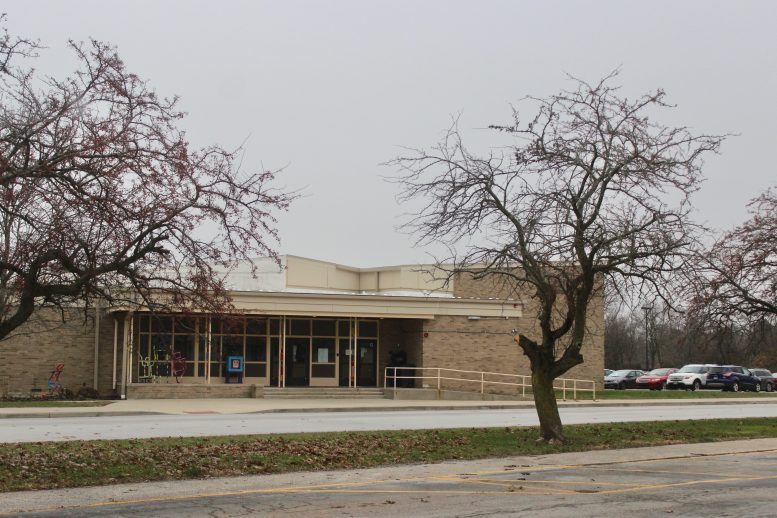By Susan Tebben
Ohio Capital Journal
It was the Ohio House of Representatives’ turn to work late into the night on a proposal to rework the state’s private school voucher program Thursday. After a long day of debate, the House decided to opt for more time.
State representatives convened at about 9 p.m. to pass an amendment to Senate Bill 120, which ultimately pushes back the application date for the Educational Choice Scholarship program from Feb. 1 to April 1.
“If we do not act tonight, there will be substantial financial impacts to the local public school districts,” said state Rep. Bill Seitz, R-Cincinnati. “On Feb. 1, the window opens for consequences that I think none of us truly intended.”
The program is meant to help low-income students in underperforming school buildings attend private schools, but education groups have criticized the voucher program and the state report card metric use to determine eligibility as flawed and in need of overhaul.
While Seitz and other representatives said they hoped it wouldn’t come to an 11th hour decision, leaving the public schools to foot the bill for private school vouchers was a worse choice.
“I support school choice, but I do not believe it fair to debit the local school districts for monies that we think are appropriate for school choice, when all of those local monies have been voted for the benefit of public schools,” Seitz said.
The measure passed 86 to 5.
Along with extending the application deadline, the amendment also appropriates $10 million to pay “certain first-time, performance-based EdChoice scholarships awarded for the 2020-2021 school year,” according to amendment language.
The amendment also states that anyone who already applied for the scholarships is still eligible for them, and the $10 million appropriation will cover the awards until April 1 “to the extent funds remain available.”
The legislation was previously attached to House Bill 9, the bill onto which the Senate put their proposals for changes to the program on Tuesday night. Wednesday morning, however, the House voted to remove the emergency clause from the bill and to not concur with the amendments the Senate had included.
Those proposals included exemption from the program for schools with A, B, and C grades on their last state report cards. It also exempted those with a D grade who were not in the lowest 20% of underperforming schools.
The amendments also included $30 million in appropriations to reimburse schools who had lost 8th graders to the voucher program. The program in the Senate’s version would have also limited the high school eligibility to only those entering EdChoice eligible schools from 8th grade. It originally allowed all high schoolers to be eligible.
House Speaker Larry Householder, R-Glenford, expressed his appreciation to representatives for sticking with him all day Thursday as the process continued.
“This was the opportunity to make certain that there are districts with this extension that are held harmless,” Householder said.
Senate leaders expressed their disappointment after the House vote. Senate President Larry Obhof, R-Medina, said the senators “are here and ready to get these issues resolved.”
Minority Leader Kenny Yuko, D-Richmond Heights, called the vote “a failure to address a critical issue affecting hundreds of our public school districts.”
“Tonight’s vote has put the future of our students, teachers and communities on hold,” Yuko said in a statement. “Senate Democrats are not taking this situation lightly; we have a constitutional duty to ensure our children’s education.”
The measure now moves to the Senate for consideration. A full session is scheduled for 1 p.m. Friday.





